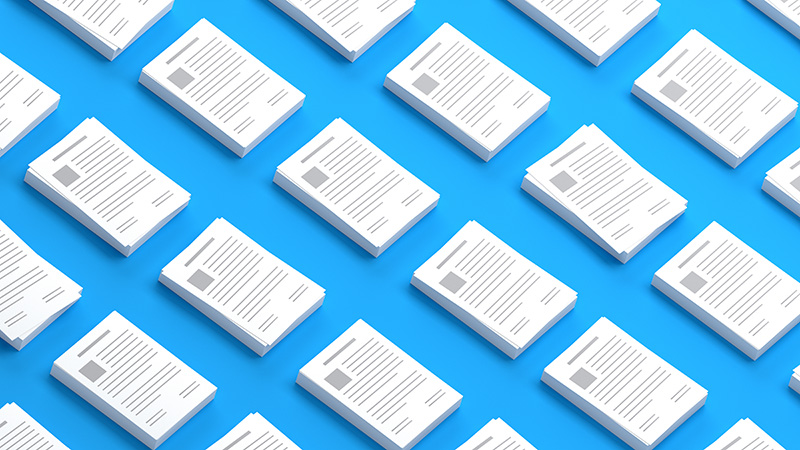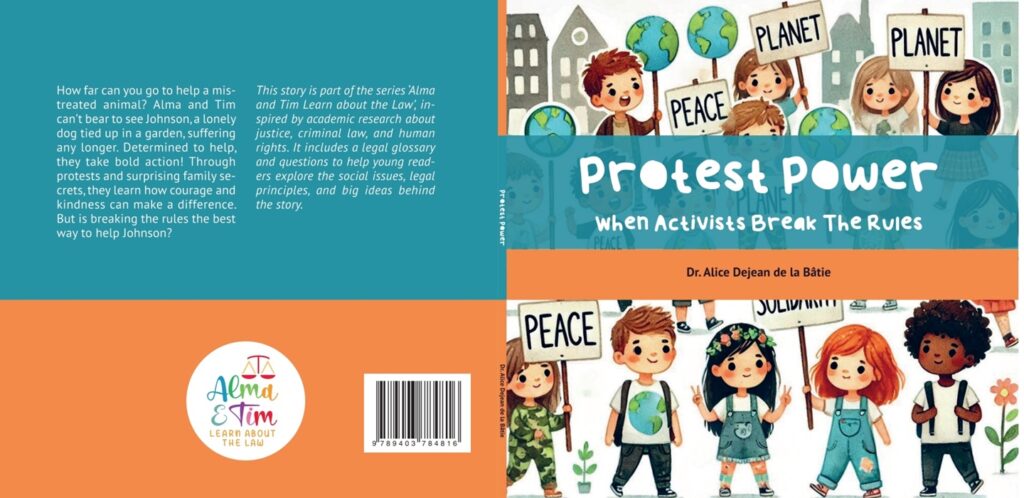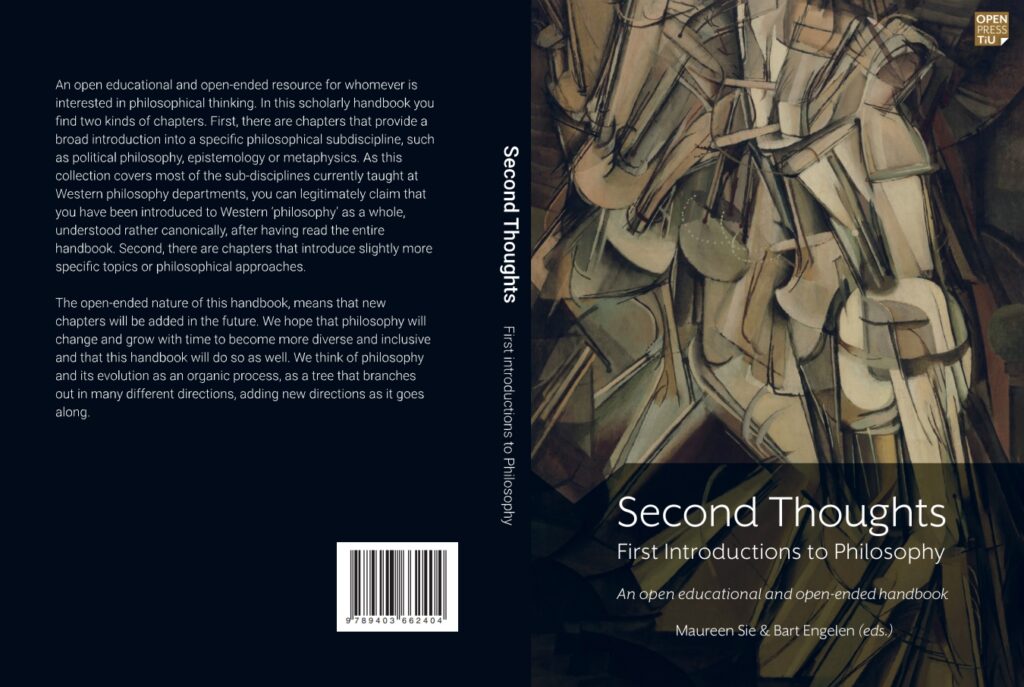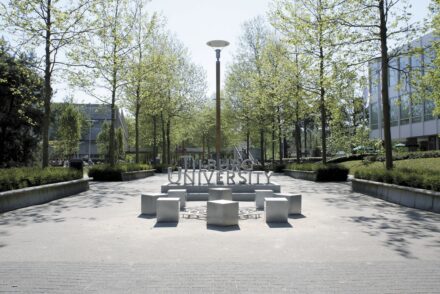From collections to connections: the university library journey towards open access
Universities are taking steps toward open access, but knowledge is still often seen as a commodity. Tilburg University shows that there is another way: the library is building a fairer, more accessible system for sharing knowledge.

For centuries, university libraries have stood as quiet guardians of collective memory. They have gathered, preserved, and made accessible the intellectual heritage of their communities. Today, this mission continues in new and sometimes unexpected ways, with research libraries evolving from preserving and curating knowledge to engaging in scholarly publishing activities. In the digital era, the act of preservation extends beyond the physical archive. It includes a commitment to ensuring that research remains open and accessible to all.
At Tilburg University, the library is deeply committed to open access, the idea that research should be freely available to everyone, without barriers or paywalls. The Dutch government aims for 100% open access to publicly funded research, and Tilburg is already close, with 96% of its journal articles openly available in 2024. This progress comes from publishing directly in open access and the Tilburg University Open Access Procedural Regulations.
Yet numbers alone don’t tell the full story. Like any form of heritage, scholarly publishing is about how we pass on knowledge, what we choose to preserve, share, and value. The goal of “100% open access” should not just be about meeting targets, but about rethinking how knowledge connects past and present, and who benefits from it.
Today, much of academic publishing is still controlled by large commercial companies focused on profit rather than the public good. In a time of shrinking budgets and funding cuts, both in the Netherlands and worldwide, universities should reflect on how their choices, in spending, publishing, and partnerships, shape the future of knowledge. The challenge is to decide whether we continue a system that treats knowledge as a commodity, or build one that values openness, care, and academic freedom – a heritage worth passing on.

Tilburg University Library approaches this challenge by supporting a rich ecosystem of community-driven and scholar-led initiatives. These initiatives reflect the principle of bibliodiversity: the recognition that a vibrant intellectual landscape depends on the coexistence of many voices, publishing models, and epistemic traditions.
At the heart of Tilburg’s contribution stands Open Press Tilburg University, a diamond open access publishing program based within the Library. Open Press Tilburg University, a small but dynamic university press that sees publishing not as a commodity, but as a shared cultural good. Guided by the university’s values of care and courage, Open Press aims to return control over scholarship to the academic community itself.
Open Press is distinctive in both scale and philosophy. Authors retain full copyright of their work and enjoy meaningful involvement in all stages of publication, from title selection to cover design. This proximity between press and author echoes the personalized care of earlier scholarly publishing traditions, when academic printing was a deeply collegial enterprise.
Open Press makes sure that the publications it publishes are findable, accessible and well preserved, by assigning essential metadata, disseminating in library and information systems, and depositing copies in the institutional repository. This balance of autonomy and responsibility redefines scholarly publishing as a collaborative, ethical process rather than a commercial transaction.

The press was founded under the Open Science Action Plan 2018–2021 as an experiment in open digital publishing, a modern continuation of the library’s heritage of enabling access and innovation. Since then, it has grown into a living archive of contemporary scholarship. Its portfolio includes, for example, Second Thoughts (a digital “living book” founded and edited by Prof. Dr. Maureen Sie, Dr. Bart Engelen, and more recently, Dr. Tim Christiaens, and Dr. Sander Verhaegh). In addition to books, Open Press also publishes journals, such as Technology & Regulation (editor-in-chief Prof. Dr. Ronald Leenes) and Passion (editor-in-chief Dr. Alfred Archer), and a range of other scholarly outputs.
Today, Open Press’s catalogue encompasses 21 edited volumes, 1 monograph, 13 textbooks, and 9 dissertations, as well as the innovative children’s series Alma & Tim Learn About the Law, a project by Dr. Alice Dejean de la Bâtie that translates research in criminal law for young readers. This exemplifies how open publishing serves not only academic communities but also the broader public.
Open Press is also a member of the Netherlands University Presses network, a network of diamond open access publishers across Dutch universities. Together, they advocate for an academic publishing ecosystem grounded in openness, collegiality, and bibliodiversity.
Open access is not simply a new policy or trend. It is part of the library’s centuries-long story of knowledge stewardship. Tilburg University Library is not only preserving the past but actively shaping the future archive of the university.
A Creative Commons Attribution license (CC BY 4.0) has been applied to this work. Images are excluded.
Beatriz Lourenço Barrocas Neves Ferreira is Open Access Officer (Library Research Support Team).






